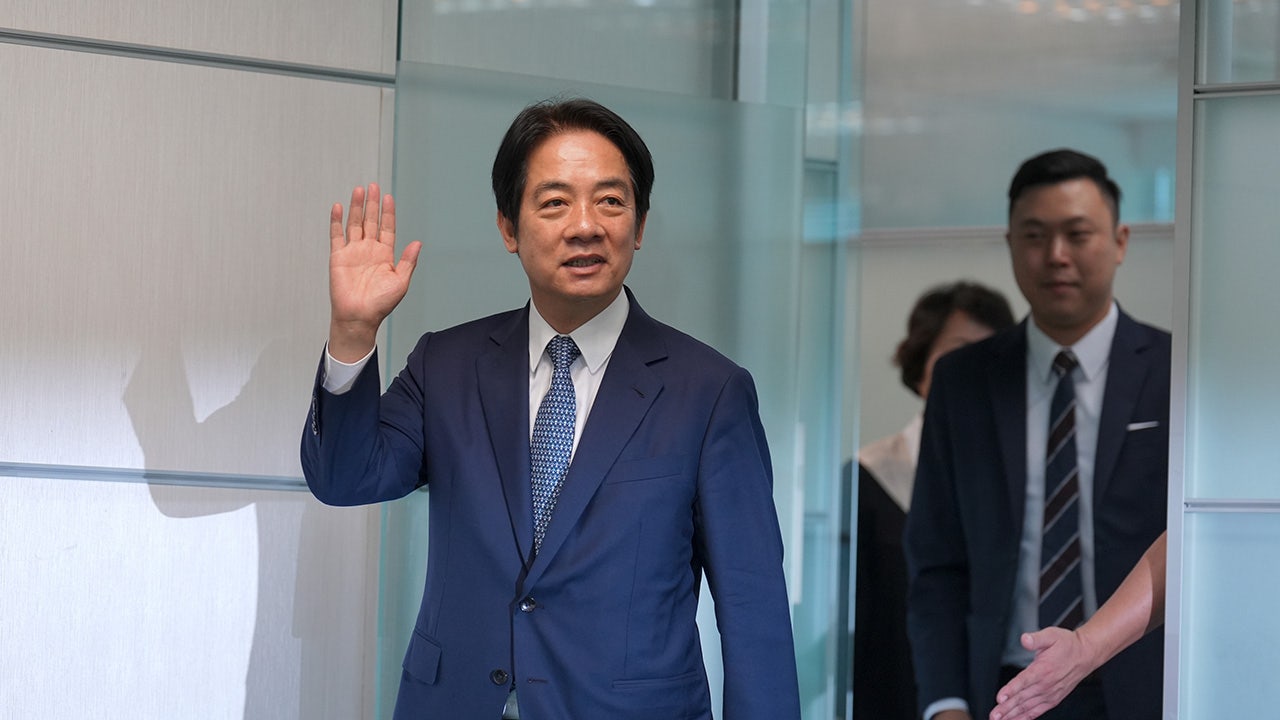Taiwan’s Vice President Lai Ching-te, who is a candidate for president in the upcoming elections, is scheduled to visit the United States next month. However, the Biden administration is reportedly downplaying the significance of this “transit” stop in order to avoid upsetting Beijing. During a press conference on Monday, Taiwan’s Vice Minister of Foreign Affairs, Alexander Tah-ray Yui, announced that Lai will stop in the U.S. while traveling to attend the inauguration of Paraguay’s president. The exact details of Lai’s itinerary in the U.S. were not provided. When asked about concerns over China’s reaction to the trip, Yui stated that there would be no justification for any harassment, as this would be the 11th time a Taiwanese vice president has stopped over in the U.S. According to a Biden administration official, Lai will not visit Washington, D.C. as the U.S. does not maintain formal diplomatic relations with Taiwan. The official emphasized that the U.S. does not take sides in Taiwan’s election and expects China not to interfere either. Lai Ching-te, the presidential candidate for the Democratic Progressive Party (DPP), is known for his more aggressive stance on Taiwanese independence compared to current President Tsai Ing-wen. China has previously responded to visits from Taiwanese officials in the U.S. with threats and military exercises. A Biden official also mentioned that the candidate for Taiwan’s main opposition party, Kuomintang, has a scheduled trip to the U.S. in the fall. During Secretary of State Antony Blinken’s recent meeting with Chinese President Xi Jinping, Chinese officials raised concerns about the U.S.’s stance on the upcoming elections in Taiwan. Blinken reiterated that the U.S. does not support Taiwan independence but will remain neutral. China considers Taiwan its own territory and frequently engages in military intimidation. Blinken also discussed the importance of peace and stability in the Taiwan Strait during a meeting with Wang Yi, the head of China’s Central Commission for Foreign Affairs. Despite attending meetings together, tensions between the U.S. and China remain high, with limited military contact and ongoing disputes over arms sales to Taiwan and sanctions against Chinese officials.
Denial of responsibility! VigourTimes is an automatic aggregator of Global media. In each content, the hyperlink to the primary source is specified. All trademarks belong to their rightful owners, and all materials to their authors. For any complaint, please reach us at – [email protected]. We will take necessary action within 24 hours.


